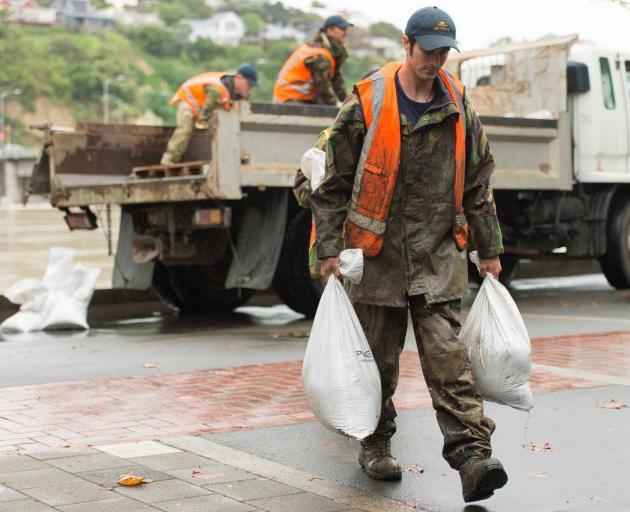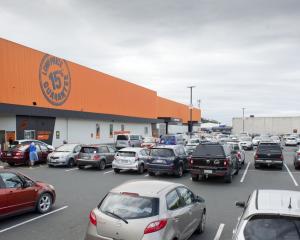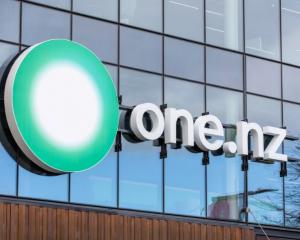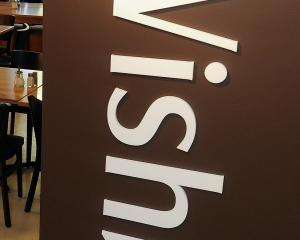
Tower is a pure general insurance company operating across New Zealand and the Pacific following the sale of its health insurance, investment and life business.
Morningstar analyst David Ellis said the business was now leaner and more focused on its core competency of general insurance.
However, it was still relatively small, having about 5% market share in New Zealand.
''Fortunately for shareholders, the company is in play with two bidders.
''Suncorp Group looks to be in the box seat with its indicative nonbinding $1.30-per-share cash offer and its 19.9% blocking stake.''
The underbidder was Canadian financial group Fairfax Financial, which had the backing of two major shareholdings holding a combined 18.1% interest, he said.
Morningstar's $1.30 fair value estimate remained unchanged and in line with Suncorp's offer price.
The board had backed Fairfax Financial's offer price of $1.17 cash per share, subject to a superior offer.
Morningstar would consider Suncorp's higher cash offer to be superior, Mr Ellis said.
The board continued to assess the two proposals.
''It appears the process may be protracted and Fairfax Financial had not come back with a counter-offer. We suggest Tower shareholders take no action at this stage.''
Tower shareholders who did not expect a higher counter-bid, and did not want to wait for the process to complete, should consider selling on-market now, he said.
The takeover offer was an attractive exit strategy for Tower shareholders.
General insurance was a difficult business, particularly in New Zealand, where insurers were selling commoditised products exposed to increasingly expensive natural disasters.
''We still think Tower lacks sustainable competitive advantages.
''Benefits from future business efficiency and customer retention initiatives are likely to be competed away through lower premiums.''
Tower expected the maximum impact from storms associated with ex-cyclone Debbie would be $3.6million after tax. Morningstar had already assumed a higher claims costs in the 2017 financial year and lowered its reported profit forecast by about 3%, Mr Ellis said.
It was also assumed there would be no dividends for the current financial year as it was more prudent for Tower to maintain regulatory capital levels, given the level of claims.
Based on the latest updates, cross claims costs from the storms were estimated to be between $10million and $12million.
Tower would bear up to $5million in claims costs as reinsurance would cover the first of the losses and catastrophe cover would absorb claims of more than $10million.
The insurer did not expect the impact of Cyclone Cook to be significant, Mr Ellis said.
Tower had previously announced catastrophe events, including: $7.2million for the Kaikoura earthquake and reinsurance restatement; $1million for the Port Hills fires; and $2.6million for the Tasman Tempest storm.












